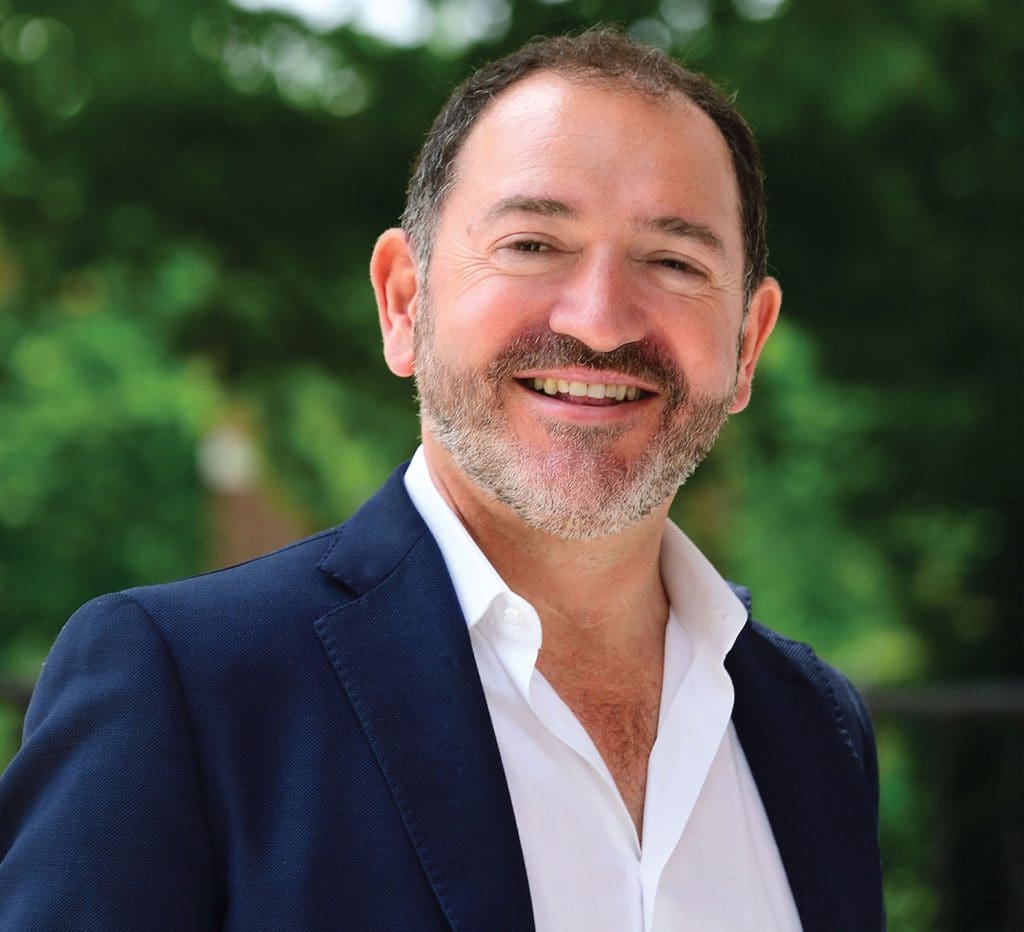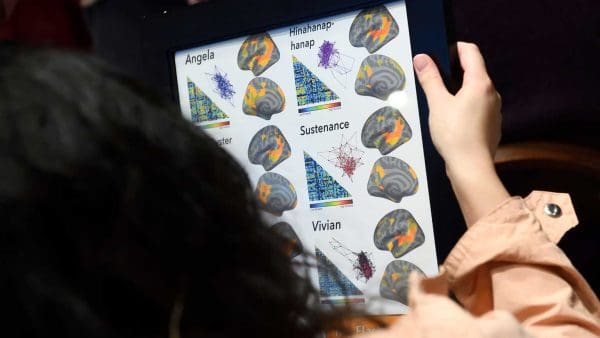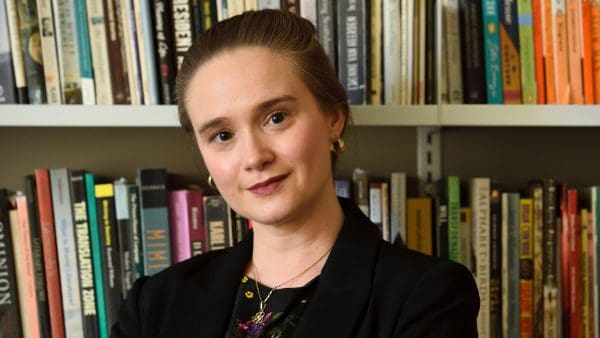Domenico Giannone, an internationally recognized thought leader in econometrics and macroeconomic forecasting, is searching for innovative methods to better understand the complexities of global economic systems, advancing the frontier of how economists interpret, model, and predict these systems.
Domenico Giannone was recently appointed as Bloomberg Distinguished Professor of Economics and Statistics in the Krieger School’s Department of Economics, with a joint appointment in the Whiting School of Engineering. He develops models grounded in rigorous statistical and economic theory to meet the challenges of monitoring macroeconomic risks in real time, ensuring that policymakers are equipped with the most accurate and timely information to navigate an increasingly uncertain world.
“The challenge is to analyze vast amounts of economic data and extract meaningful signals about where the economy is and where it’s headed,” Giannone says. “In econometrics, more data offers more insight but also introduces more noise. The key is to summarize the data just enough to reveal useful patterns without losing critical details. We need complex models to extract real-time signals from a sea of data. The focus of my work has been on improving forecasting models to handle high-dimensional data while ensuring timeliness, interpretability, and robustness.”

Real-time forecasting
One of Giannone’s most influential contributions has been the development of nowcasting, a real-time economic forecasting method. Nowcasting estimates current economic conditions using streams of timely data, long before traditional indicators such as gross domestic product (GDP) are available. Now used by policymakers, economists, and almost every central bank worldwide, nowcasting has revolutionized processing of real-time data and advanced economic decision-making.
Giannone has also developed the growth-at-risk framework as a means of estimating the full range and distribution of possible future outcomes. Instead of predicting the average economic growth, this framework focuses on predicting vulnerabilities, including the chance of very low or negative growth, as a way to gain understanding of how the economy might perform in the future and assess the risk profile of different policy choices.
Currently, Giannone’s focus is on improving how economic activity and risks are monitored in low-income countries, which account for a small share of global income but a large share of the global population. He explains that in low-income countries, data scarcity, delays, and frequent disruptions make it difficult to analyze the economy in a timely manner.
Language and new sources
Giannone aims to supplement the scarcity of official data by exploiting new alternative data sources, such as satellite images on light pollution, port activities, credit card transactions, and mobile money. Most notably, however, Giannone is excited about the potential of using language as data. While this type of soft information is difficult to quantify and analyze, recent advancements in artificial intelligence have increased the ability to process this data.
Giannone brings decades of experience in policy, academia, and the tech sector to Johns Hopkins from the International Monetary Fund, and is particularly enthusiastic about the potential for collaboration with colleagues in other fields.
Giannone also looks forward to working with students at Johns Hopkins. Shaped by his experience across multiple sectors, his teaching emphasizes real-world applications. Giannone hopes to pass on his passion for research and innovation to the next generation.
As a Bloomberg Distinguished Professor, Giannone joins an interdisciplinary cohort of scholars working to address major world problems and teach the next generation. The program is backed by support from Bloomberg Philanthropies.




